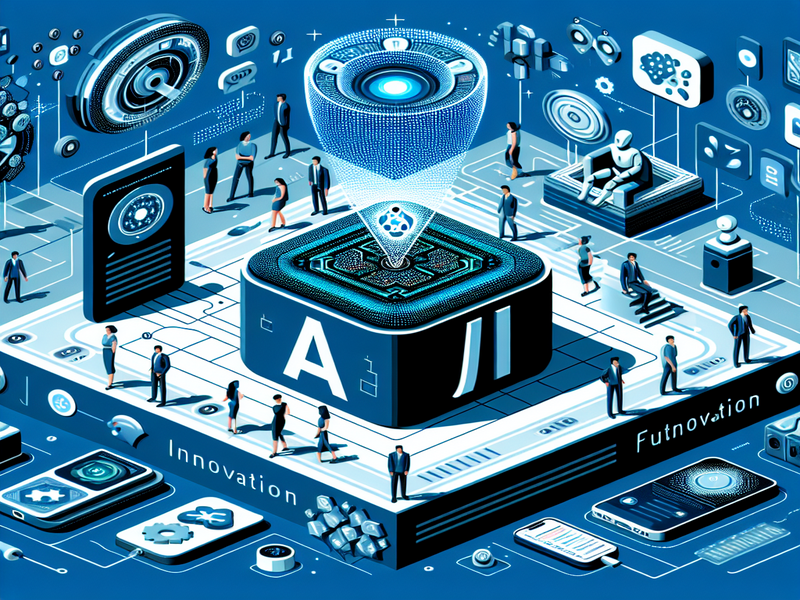- Updated: November 9, 2024
- 3 min read
AI Models: Spirit LM, Claude 3.5 Sonnet, and NotebookLM – Advancements and Collaborations
Exploring the Latest AI Advancements: Spirit LM, Claude 3.5 Sonnet, and NotebookLM
The realm of artificial intelligence (AI) continues to evolve at an unprecedented pace, offering innovative solutions and reshaping industries. Among the latest advancements are AI models like Spirit LM, Claude 3.5 Sonnet, and NotebookLM. These models are redefining AI capabilities and impacting the landscape significantly.
Introduction to AI Models and Their Significance
AI models have become integral in driving technological advancements across various sectors. They are designed to process and analyze data, learn from it, and make informed decisions. This ability to simulate human-like intelligence has made AI models indispensable in fields such as healthcare, finance, and customer service. The introduction of new models like Spirit LM, Claude 3.5 Sonnet, and NotebookLM marks a significant step forward in enhancing these capabilities.
Overview of Spirit LM, Claude 3.5 Sonnet, and NotebookLM
Spirit LM, developed by Meta, is an open-source multimodal AI model that integrates both text and speech capabilities. It leverages phonetic, pitch, and tone tokens to generate expressive speech outputs. On the other hand, Claude 3.5 Sonnet, introduced by Anthropic, excels in complex reasoning and natural language processing, making it a preferred choice for developers. Meanwhile, Google’s NotebookLM focuses on document-heavy tasks using Retrieval-Augmented Generation (RAG) technology, enhancing accuracy and efficiency.
Comparison of Features and Capabilities
- Spirit LM: Known for its open-source accessibility and expressive speech generation, Spirit LM is ideal for virtual assistants and customer service bots.
- Claude 3.5 Sonnet: Offers advanced reasoning and coding proficiency, making it suitable for real-time applications and multi-step workflows.
- NotebookLM: Utilizes RAG technology to retrieve relevant information, making it highly effective for document-heavy tasks.
Impact on the AI Landscape and Contributions from Other Companies
The introduction of these models has significantly impacted the AI landscape. Meta’s Spirit LM stands out for its ability to generate natural-sounding speech, overcoming limitations of traditional AI voice systems. Anthropic’s Claude 3.5 Sonnet is praised for its efficiency and speed, while Google’s NotebookLM enhances document processing capabilities. These advancements are complemented by contributions from other companies, such as the OpenAI ChatGPT integration and AI-powered chatbot solutions by UBOS, which continue to push the boundaries of AI technology.
Conclusion
In conclusion, the AI models Spirit LM, Claude 3.5 Sonnet, and NotebookLM represent significant advancements in the field of artificial intelligence. Each model brings unique strengths tailored to specific user needs, contributing to the diverse applications of AI across industries. As these technologies continue to evolve, they promise to deliver even more innovative solutions, driving the future of AI forward.

For more insights into AI advancements and integrations, explore the UBOS homepage and learn about the Enterprise AI platform by UBOS.
